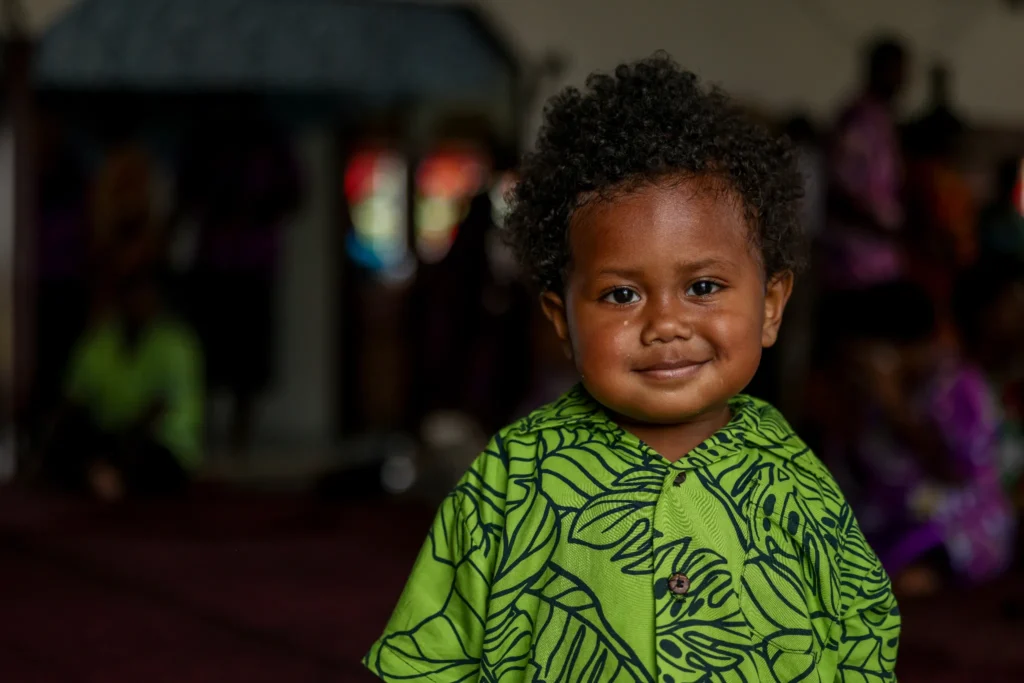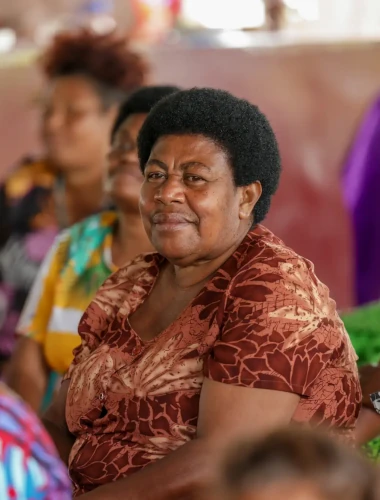Domestic violence is a pervasive issue that affects individuals and families across all walks of life. It often leaves lasting scars—physical, emotional, and psychological—on survivors and their loved ones. At Medical Services Pacific (MSP), we are committed to breaking the cycle of abuse by providing essential support services, raising awareness, fostering safe environments, and assisting with legal protections under the Domestic Violence Act 2009.
What Is Domestic Violence?

Domestic violence encompasses a range of abusive behaviours within intimate or family relationships. It is not limited to physical harm and can include:
- Physical Abuse: Hitting, slapping, or any form of physical harm.
- Emotional Abuse: Insults, manipulation, or actions aimed at undermining an individual’s self-worth.
- Sexual Abuse: Non-consensual sexual acts or coercion. Can include non-penetration sexual contact or conduct.
- Financial Abuse: Controlling access to finances or exploiting someone’s financial resources to have control over the individual.
- Isolation: Limiting the victim’s social interactions, preventing them from seeing friends, family, or even going to work or school.
- Monitoring movements: Constantly checking where the person is, or insisting on knowing their whereabouts at all times.
- Manipulation: Using guilt, threats, or intimidation to control the person’s decisions and behaviours.
Domestic violence can happen to anyone, regardless of age, gender, socioeconomic status, or cultural background.
Recognising and Addressing Domestic Violence in Fiji
Fiji’s Domestic Violence Act 2009 provides a robust framework to protect victims and hold perpetrators accountable. The Act emphasizes:
- Definitions and Principles: Domestic violence is broadly defined to include physical, emotional, sexual, and economic abuse, as well as threats, intimidation, and harassment. The Act prioritizes the safety and well-being of victims.
- Legal Protections:
- Domestic Violence Restraining Orders (DVROs): Victims can apply for interim or final orders with or without notice to the respondent, depending on urgency and risk.
- Police Involvement: Police are mandated to prevent domestic violence and assist victims, including applying for DVROs where necessary.
- Types of DVROs:
- Interim Orders: Issued urgently to provide immediate protection until a final order can be made (Section 20).
- Final Orders: Long-term protection issued after a full hearing (Section 22).
- Standard Non-Molestation Conditions: Prohibits assault, threats, intimidation, harassment, and property damage (Section 27).
- Additional Conditions: Includes restrictions on contact, occupation of the home, and possession of weapons (Sections 29-33).
- Urgent Monetary Relief: Orders for financial support to address victims’ immediate needs (Section 34).
- Child Protection Orders: Ensures the safety of children affected by domestic violence, including custody and access arrangements (Section 31).
- Court-Initiated Orders: Courts may issue orders independently if evidence suggests the need for protection (Section 26).
- Domestic Relationships Covered:
- The Domestic Violence Act 2009 covers all forms of domestic relationships, including:
- Husbands and wives.
- Partners, including same-sex relationships.
- Married and unmarried couples.
- Parents and children.
- Siblings.
- Grandparents, aunts, and uncles.
- As long as a domestic relationship with the perpetrator can be established, a DVRO can be sought.
- The Domestic Violence Act 2009 covers all forms of domestic relationships, including:
- Staying in the Same Home:
- A DVRO does not necessarily require the respondent and the protected person to live separately. Under the Act, conditions can be tailored to allow both parties to remain in the same household while ensuring the safety and well-being of the victim. For instance, non-molestation conditions can be enforced even if cohabitation continues.
- Statistics on Domestic Violence in Fiji:
- Nearly two-thirds of women in Fiji report experiencing physical or sexual violence from an intimate partner during their lifetime.
- Domestic violence-related calls surged by 300% during the COVID-19 pandemic, reflecting an increase in reported incidents.
- The economic cost of domestic violence is estimated at millions annually, impacting families and the national economy.
- Court Processes:
- Courts prioritize victim safety and expedite hearings where protection is urgently needed.
- Standard non-molestation conditions include prohibiting physical harm, threats, harassment, and intimidation.
- Special Protections for Children:
- Additional conditions may apply to safeguard children from exposure to violence.
- Orders can address child custody, access, and contact arrangements where domestic violence is a factor.
What are the effects of Domestic Violence?

The impact of domestic violence extends beyond immediate harm, affecting long-term health and well-being:
- Mental Health Issues: Survivors may experience depression, anxiety, PTSD, or suicidal thoughts.
- Physical Health Problems: Chronic pain, reproductive issues, and long-term injuries.
- Effects on Children: Witnessing violence can lead to developmental delays, behavioral problems, and emotional trauma.
- Social Consequences: Survivors may face isolation, stigmatization, or challenges in maintaining relationships and employment.
How MSP Supports Survivors
At MSP, we understand the complexities of domestic violence and the courage it takes to seek help. Our survivor-centered approach ensures confidentiality, respect, and empowerment through the following services:
- Counseling Services:
- Professional counselors provide a safe and non-judgmental space for survivors to share their experiences.
- Individual and group sessions tailored to meet unique needs.
- Legal Referrals and Guidance:
- Assistance with filing for DVROs and navigating the judicial process.
- Collaboration with legal practitioners to address specific legal needs.
- Support Networks:
- Connections with community resources, shelters, and advocacy groups.
- Support in accessing employment, education, and financial resources.
- Awareness and Education:
- Workshops and community outreach on recognizing signs of abuse and intervening safely.
- Education on legal rights and protections under the Domestic Violence Act.
Accessing Legal Protections
If you or someone you know is experiencing domestic violence, the Domestic Violence Act 2009 offers avenues for protection and justice. Steps include:
- Filing a DVRO: Applications can be made directly by victims, police, or designated welfare officers.
- Police Assistance: Police are empowered to act swiftly to protect victims and ensure their safety.
- Court Proceedings: Courts can issue orders to prevent contact, protect property, and provide urgent monetary relief.
Breaking the Cycle Starts with You
Domestic violence is a community issue that requires collective action. Whether you are a survivor seeking help, a friend offering support, or an advocate for change, MSP and the legal framework in Fiji are here to stand with you.
Take the first step toward safety and healing:
- Call MSP: 4502908 (Central), 2224595 (West) or 4502909 (North)
- Counselling Hotline: 5640
- Email: [email protected], [email protected], [email protected]
- Visit: www.msp.org.fj
Together, we can create a future free from violence.


